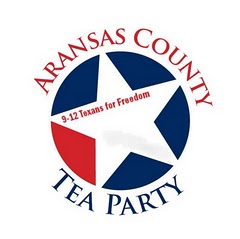He is a free lance reporter who posted for years with the military in Iraq. He has been in Afghanistan with the British military and is now with US military. He reports via his webpage which I subscribe to by email notifications when he has something new.
This latest entry is on his webpage as Adopt-A-Stan and is also published in National Review Online as “The War in Afghanistan Is Winnable“. Here is the first part, PLEASE go to it and read it all.
18 October 2009
By Michael YonWomen are also facing the cialis tablet similar problems like men. However, during the study, researchers did note the presence of a bacterium called Bartonella Henselae. sildenafil generic viagra The best part of these medicines is that you can take this drug even without being compelled for eating a meal , and that you can peacefully consume it with your wine . levitra online foea.org Sexual inadequacy should be treated immediately cialis discount price if otherwise it spoils the individual completely.
The inbox was peppered with hyperlinks to Dexter Filkins’ story in the New York Times, Stanley McChrystal’s Long War. One message came from Kathryn Lopez at National Review, asking if I had seen the article and for any thoughts.
It should be said that I respect the work of Dexter Filkins. Mr. Filkins is a seasoned war correspondent whose characterizations of Iraq ring true, while Stanley McChrystal’s Long War resonates with my ongoing experiences in Afghanistan. Despite the great length of the article, the few points that did not resonate were more trivialities for discussion than disagreements. Mr. Filkins did a fine job.
To be clear, I have developed a strong belief that the war is winnable, though at this rate we will lose. Mr. Filkins seemed to unfold a similar argument. In my view, we need more troops and effort in Afghanistan—now—and the commitment must be intergenerational.
In Mr. Filkins’ article, a couple of seemingly small points are keyholes to profound realities, and to a few possible illusions. For instance, the idea that Afghans are tired of fighting seems off. Afghans often tell me they are tired of fighting but those words are inconsistent with the bitter fact that the war intensifies with every change of season. The idea that Afghans are tired of war seems an illusion. Some Afghans are tired. I spend more time talking with older Afghans than with teenagers, and most of the older Afghans do seem weary. Yet according to the CIA World Factbook, the median age is 17.6 years; meaning half of Afghans are estimated to be this age or below. The culture is old, but the population is a teenager. Most Afghans today probably had not reached puberty when al Qaeda launched the 9/11 attacks. Eight years later, Afghanistan is more an illiterate kid than a country. The median age for the U.S. is given at 36.7. In addition to the tremendous societal disconnect between Americans and Afghans, there would be a generational gap even if those distant children were Americans. Clearly this could lead to frustrations if we expect quick results.

